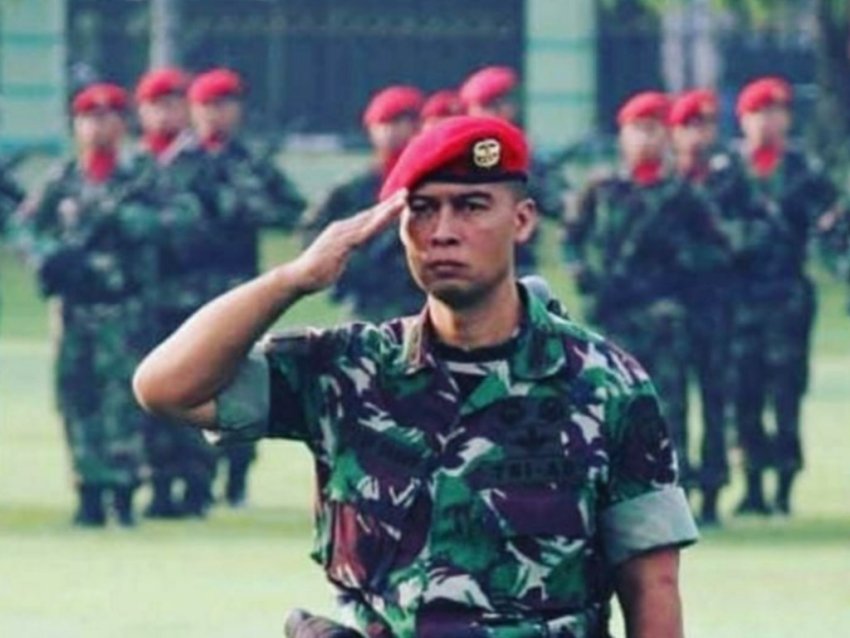
West Papuan solidarity activists believe the Indonesian military may be preparing an assault on the West Papuan liberation movement, following the death of Brigadier General Gusti Putu Danny Nugraha, head of Papua’s Intelligence Agency.
According to reports, Nugraha was shot and killed while travelling with other officials and security forces personnel near Dambet Village, Puncak District, on April 25.
The Australia West Papua Association (AWPA) reported that President Joko Widodo made a televised address ordering a crackdown following the general’s death, saying: “I have ordered the military and police chiefs to pursue and arrest members of the armed criminal group.”
AWPA also reported that Bambang Soesatyo, chairperson of the People’s Consultative Assembly (MPR), urged the government to deploy forces at full strength to crush the Papuan rebellion. “Destroy them first. We will discuss human rights matters later.”
Reportedly, the chief of the Indonesian Armed Forces’ (TNI) information centre, Major General Achmad Riad said the TNI is ready to assist the National Police in arresting all members of armed separatist and terrorist groups operating in Papua province.
AWPA activist Joe Collins said: “These statements from the president and government officials have the potential to cause an escalation of violence in Papua leading to the security forces conducting military sweeps in the area.
"We all know what happens when the Indonesian military undertake security operations; houses get burnt, livestock gets killed, gardens destroyed and people literally flee into the jungle where they face starvation.”
During Indonesian security operations in the Nduga regency, thousands of West Papuans were forced to flee, becoming internal refugees in their own country.
It has been estimated that about 5000 internally displaced people (IDPs) live in refugee camps, including 700 children.
In their report, “Invisible victims of the Papua conflict: the Nduga Regency refugees”, published in New Mandala, Aisha Kusumasomantri and Yulanda Iek described the poor conditions of IDPs in Nduga. A volunteer from Baku Bantu Foundation told the journalists: “Many of the IDPs experience malnutrition — a condition that is especially dangerous to vulnerable groups such as pregnant women, small children, and people with chronic medical conditions.
“The IDPs also suffer from inadequate sanitation, which causes health problems such as diarrhoea and skin disease. The combination of malnutrition, poor sanitation, and lack of medical attention also compromise IDPs' overall immune systems, which leads to vulnerability to tropical diseases such as malaria and dengue fever.
“Since the refugee camps were first established in 2018, approximately 400 refugees have died in various camps in Nduga.”
Collins said: “Many reports have pointed out that aggressive security approaches do not work in West Papua and instead of making statements that could cause an escalation of violence in West Papua, the Indonesian President should order his military to return to barracks as a way of easing tension and saving lives”.
Human rights lawyer Veronica Koman said on Twitter on April 27 that residents of Tegelobak, Misimaga, Efesus, and Upaga villages, in Puncak District had fled their homes, following shooting from Indonesian military helicopters. It is not yet known if there were any casualties.
AWPA said the Australian government should raise concerns about the situation in West Papua and rethink its ties with the Indonesian military.